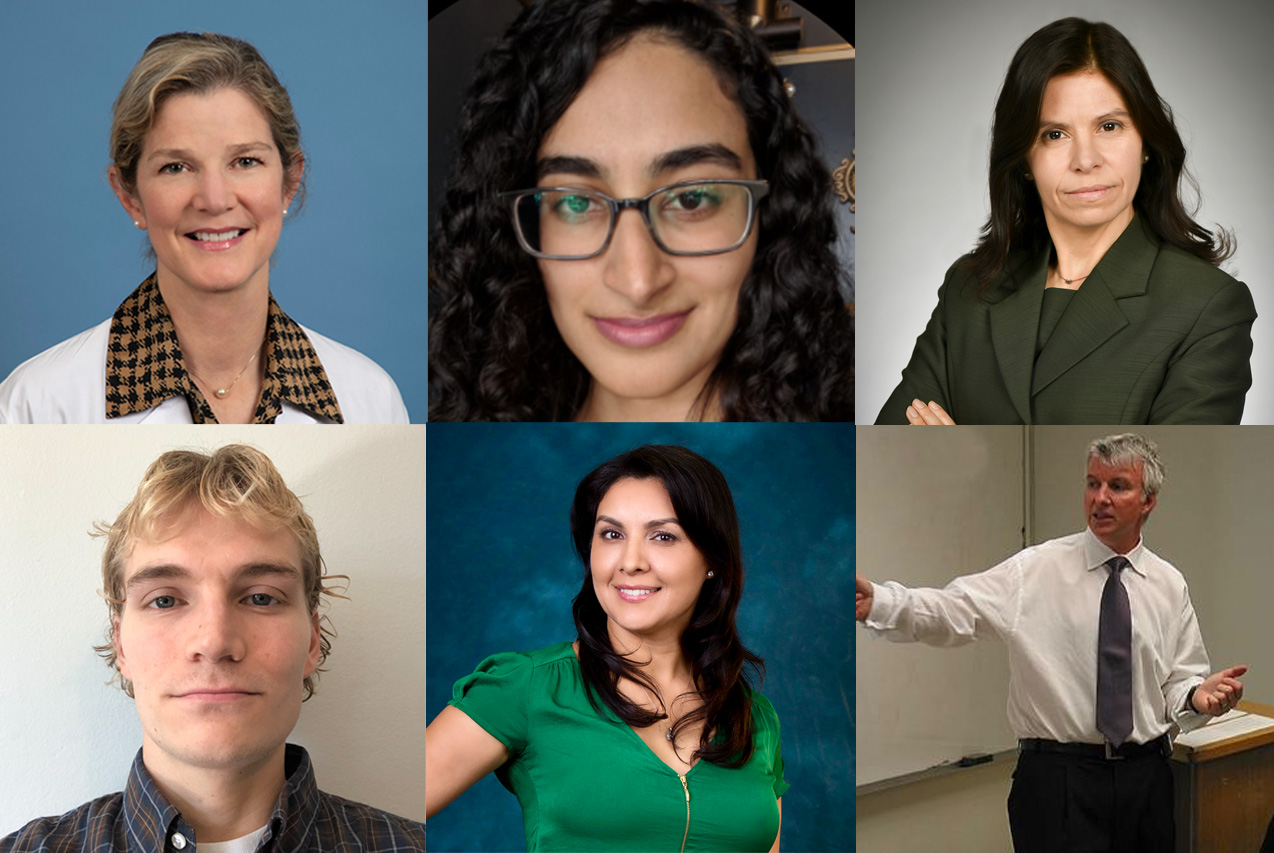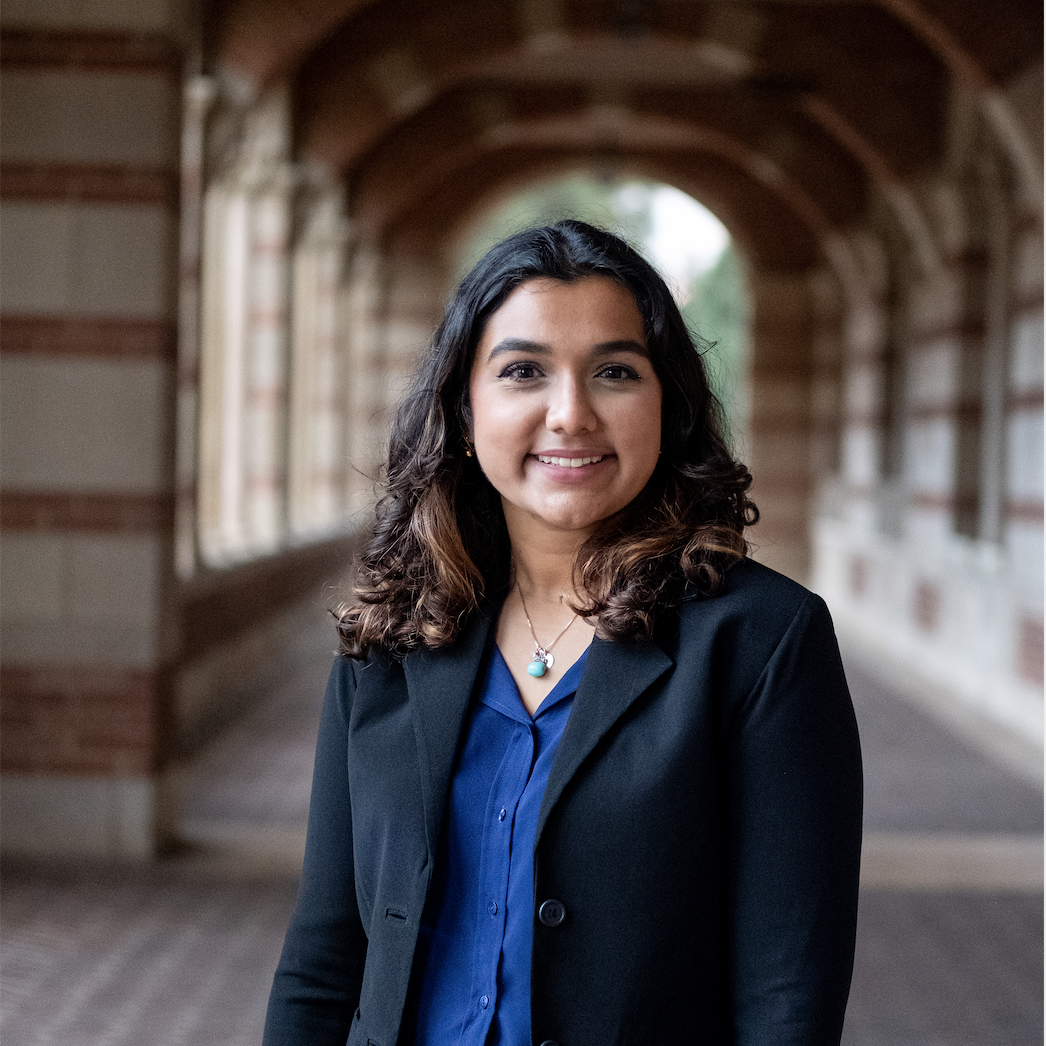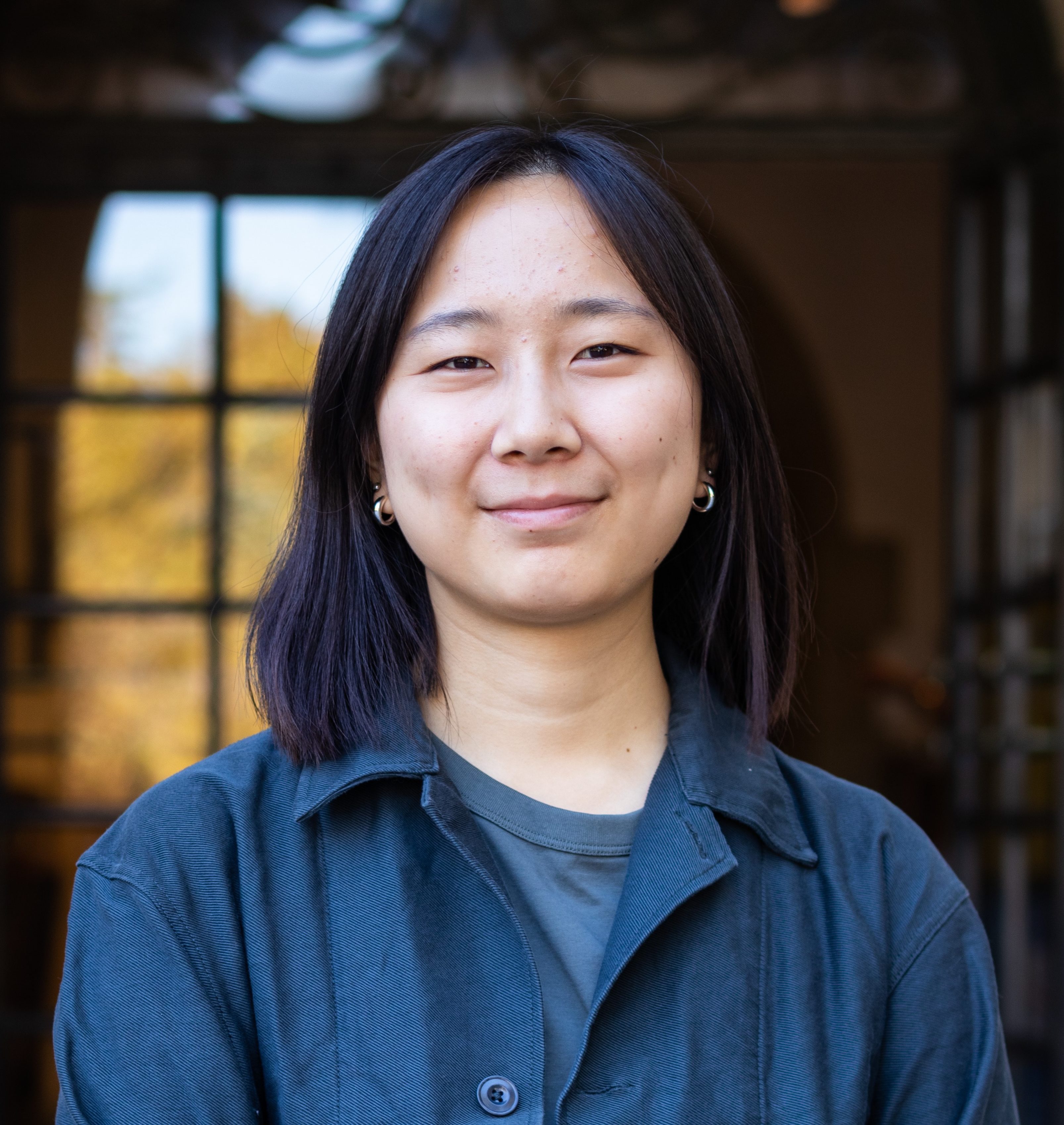UCLA faculty discuss progress of research on COVID-19’s long-term health effects

UCLA professors and researchers reflect on
the past year in COVID-19 research and what is being done to better understand the virus. (Clockwise from top left: Courtesy of INSPIRE COVID-19 Study, INSPIRE COVID-19 Study, Christina Ramirez, INSPIRE COVID-19 Study, INSPIRE COVID-19 Study and Peter Katona)
Professors are working to better understand the long-term effects of COVID-19 through research and reflect on the progress in research a year into the ongoing pandemic.
Scientists have produced COVID-19 research at a rapid rate, with more than 87,000 research papers about the coronavirus published between January 2020, at the beginning of the pandemic, and October, according to a study from Ohio State University.
“We’ve learned a tremendous amount about this virus in the last year. We know more about this virus in a year than we’ve ever known about any virus in a year,” said Peter Katona, a clinical professor of medicine at the David Geffen School of Medicine.
However, the long-term effects of COVID-19 are still unknown, some faculty said.
The Innovative Support for Patients with SARS-CoV-2 Infections Registry study is a Centers for Disease Control and Prevention-funded research project investigating the effects of ‘long COVID.’ Patients with long COVID-19 experience COVID-19 symptoms for more than four weeks after being infected, according to the CDC. The national project includes eight participating university medical centers, including UCLA Health.
UCLA Health is currently collecting data for the INSPIRE study. Study participants must be 18 years or older, have had symptoms of COVID-19, have been tested for COVID-19 within six weeks and have access to an internet connection. UCLA Health compensates participants with up to $100 at the end of the project as an incentive.
“This is a tricky topic to study scientifically,” said Joann Elmore, a professor of medicine and the principal investigator of INSPIRE. “First of all, we don’t even know what long COVID is, we don’t even have a working definition.”
[Related: Recovering from COVID-19 looks different for many students who had the disease]
The INSPIRE study will be using a combination of self-reported survey data every three months – for a total of 18 months – and participants’ medical records, Elmore added.
“What’s documented often misses what the patient reports, you know, I’m a physician and I may see a patient, and they report two or three things, but I’ll only document one,” Elmore said.
She added that the national reach of INSPIRE enables researchers to combine the data collected from each respective university medical center.
“I see investigators collaborating because we care,” Elmore said. “And we realize the importance in this time in history, and that we can’t take five years to answer these questions.”
Katona said the long-term effects of the COVID-19 virus are very unusual.
With other viral illnesses, symptoms clear once people recover, but people infected with COVID-19 have experienced lingering neurological symptoms, Katona said. How the virus causes these long-term symptoms is still unknown, he added.
Katona said it is a concern because the millions of people in the U.S. who have recovered from COVID-19 could be left with these chronic symptoms.
Vaccination might help individuals with long-term symptoms, based on preliminary medical reports, Katona said. However, there is still not enough evidence to know definitively, especially when it comes to sensory loss or fatigue, he said.
There is also a lack of understanding about why some COVID-19 patients experience such an intense immune response, said Christina Ramirez, a professor of biostatistics.
“We really need to do more research to understand why some people clear viruses rapidly and why some people do not,” Ramirez said. “Studies like (INSPIRE) … will be really useful in trying to figure out the mechanisms behind it.”
Another important step is to continue monitoring the mutations of the COVID-19 virus, Ramirez said.
Health departments should keep track of the different variants of the COVID-19 virus present in the population, especially in breakthrough cases where people contract COVID-19 even after they have been vaccinated, Ramirez said. This will help serve as an early warning system to detect viruses that develop resistance against vaccines or the immune system, she added.
[Related: International students express concern regarding vaccinations in home countries]
The next step will be to supply vaccines to other countries like India that are experiencing spikes in cases and deaths, which can be prevented by vaccination, Ramirez said. The U.S. must also improve its pandemic response plans to be more easily adaptable to future viruses, Katona said.
“I think we will always have to remain vigilant and vigilant for other emerging infectious diseases,” Ramirez said.



